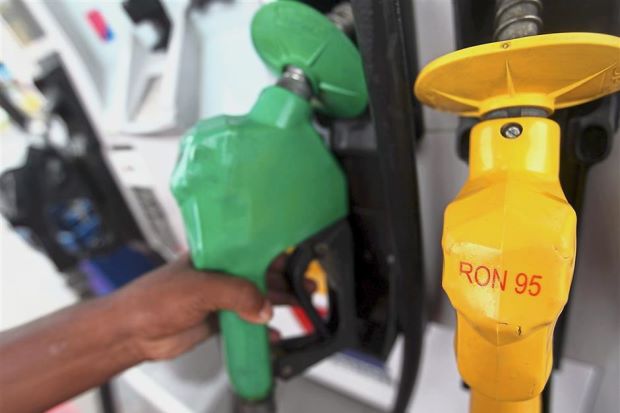Malaysia: Allow fuel retailers to compete
CURRENTLY, commuting by car is the most preferred option and will remain so until the ongoing construction of public transport infrastructure is fully completed.
As such, cost of fuel will continue to have a huge impact on the household budget of Malaysians as it is a core component of our domestic expenditure.
Up until 2014, the Government invested billions of ringgit annually in subsidies to keep fuel cost artificially low to control the price of goods in the market. But subsidies distort the market, are unsustainable and leave an adverse impact on the country’s finances. Furthermore, subsidised items are always linked to smuggling activities.
In the case of fuel, billions of litres have been smuggled from our country undetected, causing huge wastage in revenue. For example, we continue to hear stories of fishermen selling oil at sea to their counterparts from neighbouring countries where cost of fuel is much higher.
In order to improve fiscal strength and economic efficiency, in 2014 the Government took a brave step by removing fuel subsidies and introducing the managed float system to set the retail price of fuel. This decision, although absolutely necessary, took the people, especially those in the B40 and M40 segments, by surprise and fear loomed that it would trigger inflation.
Now, the Government currently announces on a weekly basis the price of fuel, where the world oil price is reflected in the amount consumers pay at the pump. It is comforting to note the recent government assurance that it would intervene should the price of RON95 at the pump surpass the RM2.50 per litre threshold.
As consumers are now accustomed to this weekly fuel price adjustment, the Malaysia Consumers Movement (MCM) has called upon the Government to implement a fixed ceiling price policy and allow fuel station operators to offer discounts if they so wish. This fixed ceiling price can be adjusted on a weekly or monthly basis. While healthy competition will greatly benefit consumers, it will also provide an opportunity for fuel station operators to reassess and improve their business efficiency and strategy.
It is unfair for fuel station operators to solely blame fuel price adjustments for negatively impacting their operating sustainability as it is also incumbent upon them to improve their own business efficiency to stay afloat. It is time for fuel station operators to behave like real businessmen by formulating strategies to win their market share.
As removal of subsidies will significantly strengthen government revenue, the MCM hopes the Government will channel these savings into critical areas which desperately require funding. All of us have to be far-sighted if we aspire to attain developed nation status.
Source: https://www.thestar.com.my/opinion/letters/2018/01/09/allow-fuel-retailers-to-compete/#0LzDfgFj0YdT9EiT.99


 Thailand
Thailand




